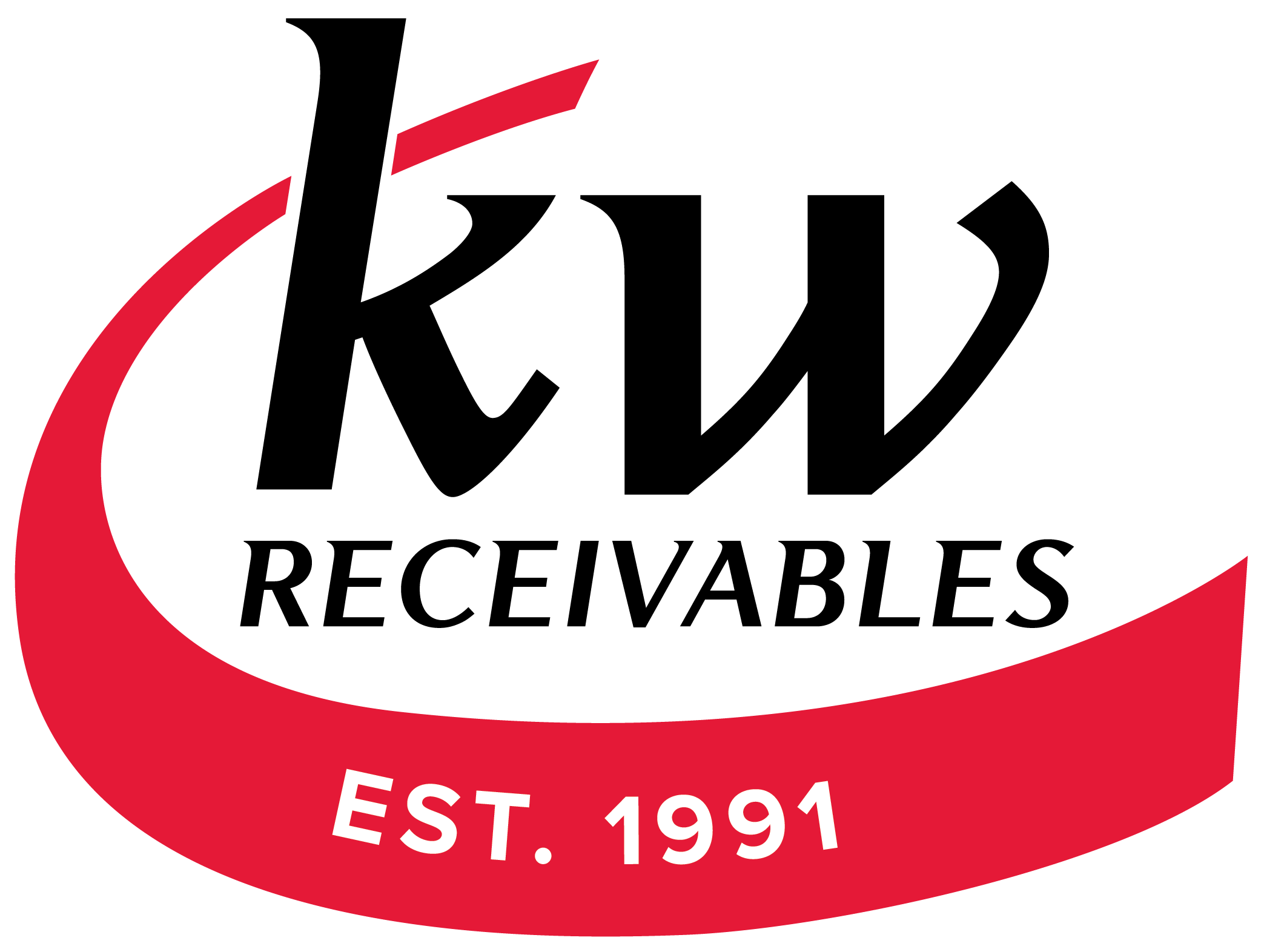
In today’s dynamic business landscape, managing cash flow is essential for the success and longevity of any organization. Cash flow refers to the movement of money in and out of a business, determining its ability to meet financial obligations, invest in growth opportunities, and weather unforeseen challenges.
Why is Cash Flow Management Important?
Effective cash flow management is crucial for several reasons:
- Maintaining Stability: Sufficient cash flow ensures that a business can cover its expenses, pay salaries, and keep operations running smoothly.
- Strategic Decision Making: A clear understanding of cash flow enables informed decisions regarding investments, debt management, and expansion plans.
- Debt Management: Well-managed cash flow helps businesses meet their loan obligations, avoid defaulting, and maintain a healthy credit profile.
- Growth Opportunities: Positive cash flow provides the flexibility to invest in new products, technology upgrades, marketing campaigns, and talent acquisition.
- Managing Uncertainty: By maintaining a cash reserve, businesses can better withstand unexpected events such as economic downturns, natural disasters, or market fluctuations.
Common Financial Challenges and How to Overcome Them
Delayed Payments: Late payments from customers can disrupt cash flow. To mitigate this challenge, consider implementing clear payment terms, offering discounts for early payments, and establishing relationships with reliable customers.
Overstocking Inventory: Holding excess inventory ties up capital and reduces cash flow. Use inventory management techniques like just-in-time (JIT) ordering, regular audits, and forecasting to optimize inventory levels and minimize costs.
Seasonal Fluctuations: Some businesses experience seasonal highs and lows, impacting cash flow. Prepare for these fluctuations by creating a cash flow forecast, setting aside funds during peak periods, and exploring alternative revenue streams.
Unforeseen Expenses: Unexpected expenses can strain cash flow. Build an emergency fund by setting aside a portion of profits each month and regularly reviewing insurance coverage to protect against unforeseen events.
Managing Debt: High levels of debt can hinder cash flow and limit growth opportunities. Create a debt repayment plan, negotiate favorable terms, and consider consolidating debt to reduce interest payments.
Effective Cash Flow Management Strategies
- Monitor and Forecast: Regularly track cash flow using accounting software or spreadsheets. Create forecasts based on historical data, market conditions, and upcoming expenses to anticipate potential shortfalls or surplus.
- Improve Invoicing and Collection: Streamline the invoicing process, clearly communicate payment terms, and follow up on overdue payments promptly. Consider offering incentives for early payments or implementing automated payment reminders.
- Control Expenses: Regularly review expenses to identify areas where costs can be reduced or optimized. Negotiate with suppliers for better rates, periodically assess subscriptions or services for cost-effectiveness, and consider outsourcing non-core activities.
- Maintain a Cash Reserve: Set aside funds for emergencies or unforeseen circumstances. Aim to build a cash reserve that covers at least three to six months’ worth of business expenses. Diversify Revenue Streams: Relying heavily on one source of income can be risky. Explore new markets, products, or services to diversify revenue streams and reduce dependence on a single customer or industry.
- Seek Professional Guidance: If cash flow management proves challenging, consider consulting with a financial advisor or accountant who can provide expert guidance tailored to your specific business needs.
Remember, effective cash flow management requires ongoing attention and adaptation to changing circumstances. By implementing these strategies and staying vigilant, you can overcome common financial challenges and ensure the long-term success of your business. Contact us today.

